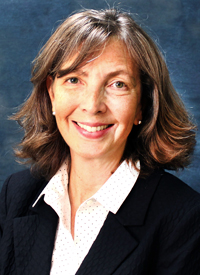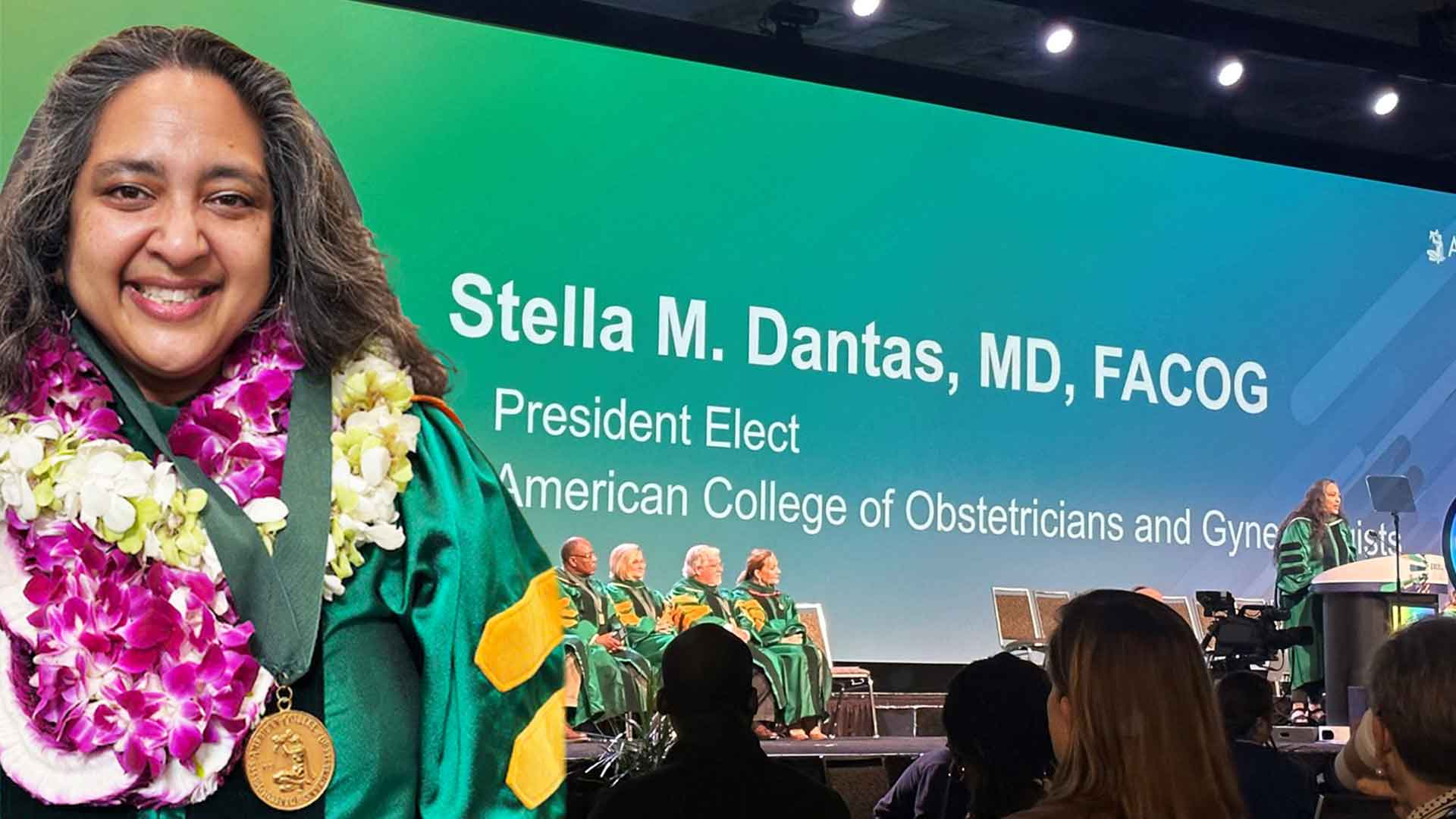Protecting patient health resulting from climate change requires coordinated efforts from physicians, health systems, and communities. Learn how Permanente Medicine is tackling this challenge.
Recognizing Doctors as ‘Doctors’
Mentors, Development Programs Help Expand Diversity Among Physicians

Last year I had the pleasure of meeting Kathryn Bigelow, who won the Academy Award for Best Director in 2010.
Some will point out that she was the “first woman” to win this award. However, during a session that I hosted in front of an audience of physician leaders, she emphasized that she wanted to focus on being seen as a “director” – not a “female director.”
Our nation prides itself on the many firsts that modern society has achieved in the name of equality. During Women’s History Month, we can’t ignore those who’ve paved the way, such as the “first female nominee for U.S. president from a major party” or “the first female Supreme Court justice.” I also fall under this lens when in 2015 I became the first female executive medical director of the Colorado Permanente Medical Group (CPMG).
But when I think about medicine, I feel confident that we are at the point where we’re no longer focusing on the gender of our doctors in relation to the achievements they accomplish. We have “doctors,” recognized for their talents or specialized skills, not because they’re a man or woman.
As a matter of fact, women today account for more than one-third of practicing physicians and about half of physicians-in-training. In 1966, only 7 percent of graduating medical students were women. That means women have more choice in role models, and more than ever before men and women are working together on behalf of our patients. Of the eight Permanente Medical Groups, half are led by women physicians.
What got us to this point? I want to hone in on two important elements that I think are important as we strive to expand our diversity and inclusion.
Finding the Right Mentors
In virtually every career path, mentors play such a critical role in supporting those finding their way in a profession. This is even more so in the field of medicine, where a doctor’s experience relies on the expertise that one gains when learning from other skilled practitioners.
This is also a unique time in America for women. More are coming forward, finding strength in their voice to bring about change. Role models are born every day for the next generation.
My belief is that we can all be leaders in some form in our industry.
It’s important for young physicians to look for mentors they trust. Bigelow talked about how many of her mentors are men because of the industry she’s in, but in medicine I strongly believe that it’s possible to find a mentor who you can connect to regardless of gender, whether it’s the person’s background, approach to care, or similar struggles.
As I stepped into my role as EMD at CPMG, I found an important mentor in Pauline Fox, The Permanente Federation’s executive vice president and chief legal officer. She came to CPMG to serve as our acting legal counsel in the early days of my tenure as EMD. Pauline builds connections with people through an amazing ability to empathize while still maintaining strong opinions and independent thinking. That’s an art that I worked to develop and continue to practice.
Developing New Leaders
As physicians we don’t typically take many, if any, leadership development classes. Oftentimes we’re mostly focused on specialty skills for maintenance of our certifications. At CPMG, we are investing in our leaders through a partnership with the University of Denver (known for its business management programs) and strengthening our professional development offerings.
My belief is that we can all be leaders in some form in our industry. It doesn’t always have to be the administrative path to focus on improving operations or the delivery of care. Simply having the skills to influence change and lead through actions can have a significant impact on those around you and bring about improvements for the good of our patients.
On this National Doctors’ Day, when people are encouraged to acknowledge their physicians for the care they provide, I thank all the mentors and leaders who are grooming the next generation of doctors and driving change in medicine. Let’s look past the color of our skin or our gender and look to the person wearing the white coat. Provide support. Foster development. And be inspired by change.
Margaret Ferguson, MD, MBA, is the president and executive medical director of the Colorado Permanente Medical Group, leading a physician group of nearly 1,200 doctors serving more than 670,000 Kaiser Permanente members in Colorado.


